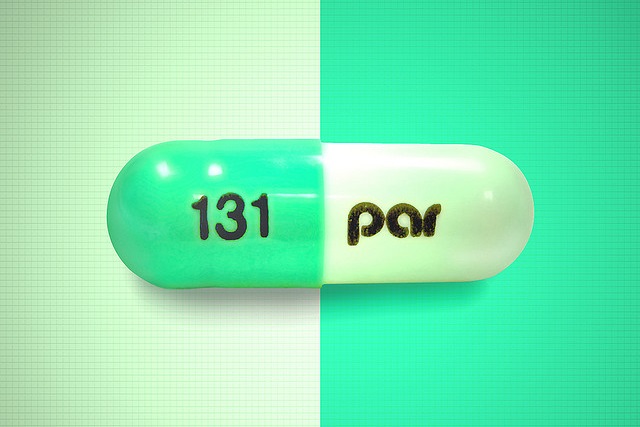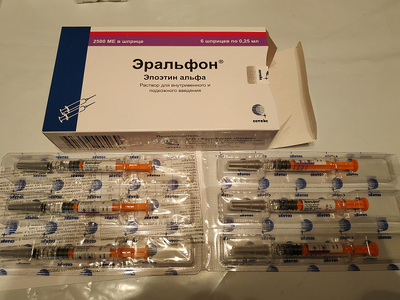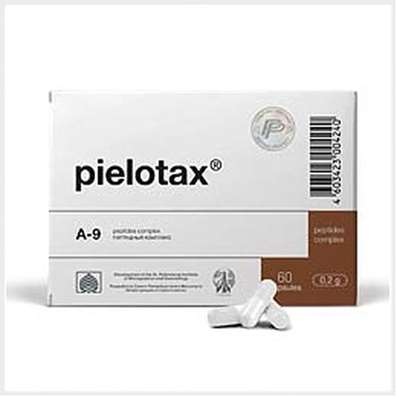FAQ: Antibiotics
22 Oct 2016
5 facts about the effectiveness of drugs-producing strain and development of new drugs
In recent years, quite a lot of talk about the fact that in its modern sense medicine is on the brink of disaster. Antibiotics do not work, and it's really big and very serious problem. But in order to understand why they have to work less and is it true the situation is tragic, it is necessary to find out what antibiotics and how they apply to human activity.

- 1.The discovery of antibiotics
The history of the discovery of antibiotics is enough anecdotal. In 1928, English scientist Alexander Fleming forgot on the table with a cup of sown crop, and it is moldy. It was found that this mold - fungi of Penicillium - releases a substance, destructive bacteria. It was later revealed that antibiotics are selected and fungi and other bacteria, and plants and animals. This kind of semi-preventative measure that organisms use to conquer a niche in the environmental community, and to scare off opponents. In principle, the search material, most harmful for certain microorganisms, especially pathogens, subsequently based antibiotics development.
- 2.The producer strain
For a long time we are looking for and cultivated the so-called producer strains, that is, choose a fungus or bacteria that produce the greatest quantity of something toxic for the bacteria. Then the antimicrobial agent is collected, chemically characterized, making a lot of different medical tests and checks, and if necessary subjected to some slight chemical modification. Thus was born a great many derivatives of a fairly small number of initial connections. In the modern sense of antibiotics - it is a small-molecule biological standards. They are divided into classes based on their chemical structure.
To protect heart buy Meldonium, To protect brain function buy Phenotropil.
- 3.Antibiotics - generators opportunistic
It is no exaggeration to say that hundreds of millions of human lives have been saved in the twentieth century with the help of antibiotics. At that time it was really a panacea. But even he discoverer of penicillin Alexander Fleming said that microorganisms adapt pretty quickly to antibiotics and those that are formed within a few generations, the division of bacterial cells that are not killed by the same action of penicillin. Accordingly, they get an evolutionary advantage, expand, and penicillin stops working
For a long time it was going kind of competition between nature and the human mind and skill. As organisms adapted to existing antibiotics, people were made more and more classes. But this concept is likely ruined even medical use, and what to synthesize antibiotics became cheap, and they began to actively use in agriculture. The score went to the tens of thousands of tons per year. They are used for the prevention of diseases, crumbling stables, poultry houses, it all fell into the water and soil, and it turned out that to adapt to the constant presence of antibiotics are not only bacteria, against which they have been used in medicine, but also completely harmless microbes that live in the environment. That is, they become opportunistic.
Suppose for a healthy person conditional pathogens do not pose any particular risk, but by interacting with the body, which has weakened the immune system, that is, patients of hospitals, maternity hospitals, nursing homes, burn centers, they grow like mad, and people are more serious and more seriously ill, up to the most tragic consequences. On top of such nosocomial infections are stored in the hospital. Bacteria begin to live in secluded corners of the beds, hospital instruments, reusable instruments, even in disinfectant solutions. And the man that falls in the hospital with a disease, over time, become ill with something else, for example, went to the hospital with burns, a couple of days gets an intestinal infection. This is a very serious problem.
- 4.The microbes against antibiotics
Development of new classes of antibiotic drugs became more and more expensive, harder and harder, and eventually fundamentally new medications ceased to appear. germs are winning now. Already in 2012, the capitulation of mankind to pathogens has been signed at the highest level in a rather tragic tones. The head of the World Health Organization Margaret Chan expressed that this is the end of modern medicine.
As things stand, of course, for some time, the current reserves will be enough development. It is necessary to treat the matter responsibly. For example, in agriculture since 2005 in the West may not use antibiotics as a preventive measure, but only to treat sick animals, or plants. It is necessary to call on doctors not to prescribe antibiotics for prevention, not to use them in the treatment of viral infections, because the viruses they do not act, and act only on bacteria. Often antibiotics for the flu or severe SARS appointed just in case, because when the body is weakened by a viral infection, then, for example, sore throat can live microbes that already have to treat with antibiotics. But while the microbial infection is not confirmed, antibiotics should not be used. But viruses have specialized anti-viral drugs.
Nevertheless, the situation is quite depressing, because if microbes still adapt to all existing classes of antibiotics - and this is likely - then we return to the situation that existed before the second half of the nineteenth century, when the infection was considered something given over and protect themselves from it was not considered necessary. For example, if during surgery the doctors did not have to wash your hands. At the moment, there are certain types of Staphylococcus aureus that is resistant to approximately 2/3 of the existing kinds of antibiotics. There is also a gonococcus, which is treated with only one antibiotic in existence.
- 5.Future of antibiotics
Of particular note is that the existing drug certification system that takes many years to be important rather economic reasons. Drug development is really expensive, is on the shoulder only to large companies, and, of course, these companies are counting on those medicines which will have stable sales. Thus, recent decades pharmaceutical industry is increasingly focused on stabilization of chronic diseases. As for antibiotics, on the one hand, no one is immune from that, so as not to pick up some sort of infection, but on the other - on the demand for these drugs unstable, because there is always a lot of alternatives. There is always some incongruous incongruous and courses of antibiotics, the antibiotics of first choice and reserve antibiotics. And this is one of the important reasons why somewhere in the 80s no fundamentally new antibiotic drugs has not appeared.
But the situation is not hopeless. Now it is very actively developing vaccinology, various hygienic and preventive procedures, so you can put more effort to avoid the disease. Features antibiotics themselves, too, are far from exhausted. Improvements are combinatorial chemistry, system testing of potential drugs. molecular modeling techniques allow the creation of such antibiotics that act simultaneously on several vital systems of bacteria, so-called prodrugs, i.e. substances which pass into the active form only in contact with the target microorganism. To adapt to this "of super" germs harder. In short, the scientific basis for the further development of antibiotics exist. But to realize them can be only in the correction of existing pharmacology economic dogmas.

 Cart
Cart





